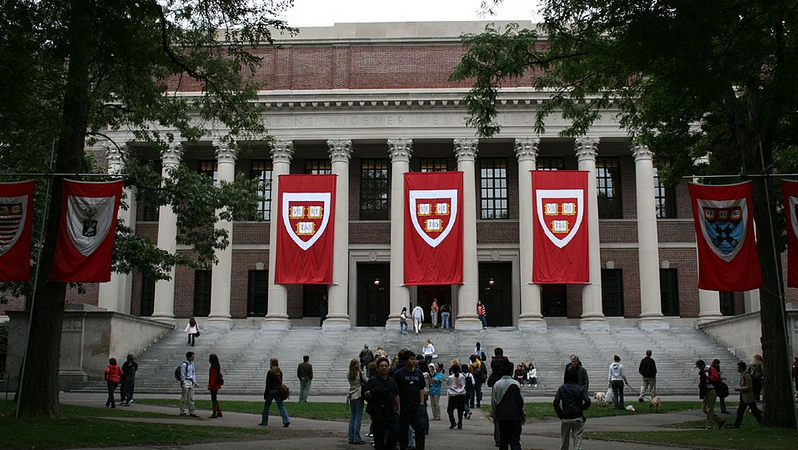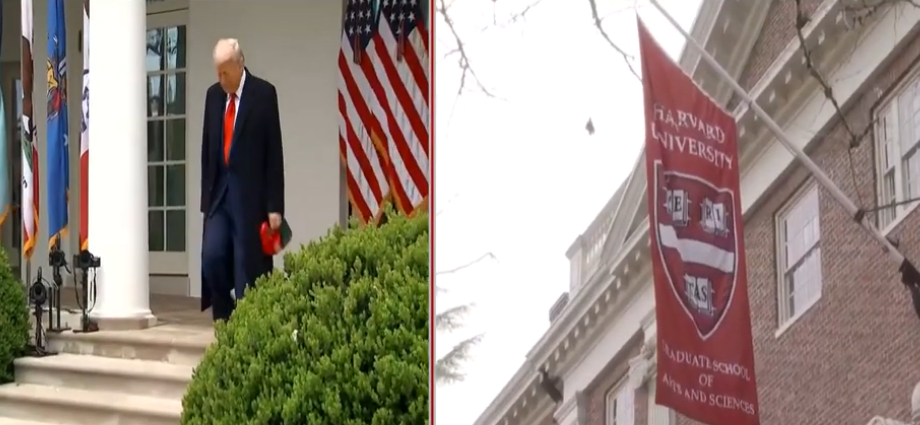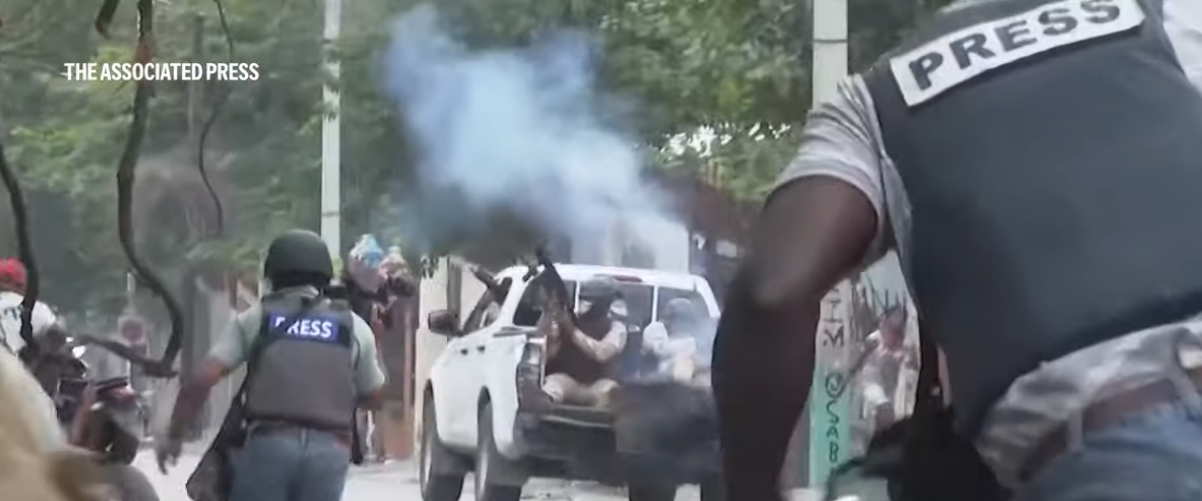Photo: Lehman College
Clockwise, from top right, Lehman College Professors of Excellence Victoria Sanford, Alyshia Gálvez, Dimitra Karabali and Bertrade Ngo-Ngijol Banoum
Lehman College has selected four faculty members from diverse fields to serve as the inaugural cohort of its Lehman Professors of Excellence (LPE) program, an initiative that recognizes exceptional faculty accomplishments and promotes innovative research, scholarship, and creativity. The faculty members will hold the Lehman Professor of Excellence title for three years and receive an annual award of $20,000, to support their work in that time.
“We have so many outstanding faculty members at Lehman College, and it’s important to formally acknowledge them,” said Lehman President Daniel E. Lemons. “Each of the Professors of Excellence is a model of scholar, teacher, and dedicated member of the Lehman community.”
The inaugural group includes Alyshia Gálvez, a professor in the Department of Latin American and Latino Studies; Dimitra Karabali, a professor in the Department of Physics and Astronomy; Bertrade Ngo-Ngijol Banoum, an associate professor and chair of the Department of Africana Studies; and Victoria Sanford, a professor in the Department of Anthropology and the founding director of Lehman’s Center for Human Rights and Peace Studies.
The professors were selected by a faculty committee and evaluated on a range of criteria. Ultimately, each demonstrated a commitment to the mission and values of Lehman College, and provided evidence both of exceptional scholarship, teaching, and service and also that they’d be able to continue the high quality of their work, Lemons said.
As a cultural and medical anthropologist, Gálvez explores the intersection of migration, health, and food, with a special focus on chronic disease and issues of food insecurity and dietary assimilation among immigrant communities in the Bronx.
“An innovative educator known for involving students in research leading to publication, and for using service learning and study abroad opportunities to attune students to the value of academic work in the real world, she has been instrumental in elevating Lehman’s profile as a center of Latinx research,” Lemons said.
Galvez will use the award to involve students in new and ongoing research projects as part of the Lehman Lab for Social Analysis, an interactive laboratory for interdisciplinary teaching and collaborative research on issues concerning the Bronx and New York City, she said. She also intends to use the funds to build a curriculum for teaching research methods and advance some of her writing projects.
“It’s an honor to be recognized for my commitment to our students and our community,” she said. “This award will enable me to continue to deepen systems and opportunities for students to get involved in qualitative social science research in the Bronx, on issues they care about.”
With a central focus on theoretical high energy physics—understanding the fundamental constituents of matter and their properties—Karabali has maintained National Science Foundation grant funding since 1999 and has published regularly in high-impact physics journals.
“Part of my research has focused on the intricacies of nuclear forces and the mechanism that binds quarks and gluons into protons and neutrons, which in turn make up the atomic nuclei,” she said.
Lehman undergraduates have praised her teaching, and Karabali is also credited with expanding the physics major during her nine years of chairing the department. “I’m happy and grateful that my contributions to the College in terms of research, teaching, and service have been recognized in such a meaningful way,” she said.
Banoum’s scholarship—which combines Africana studies, women’s studies, gender and sexuality studies, and linguistics—is uniquely interdisciplinary and reflects Lehman’s commitment to diversity, Lemons said. As a testament to that, Banoum has worked across departments at Lehman: Besides her current role as Africana studies chair, she was the Department of Women’s Studies director for 14 years.
“In my work, African, Western, and other knowledge bases meet as many streams to become a powerful river, a comprehensive interdisciplinary, intersectional, and transnational exploration of the questions: ‘How do we make our academic agendas, discourses, and practices transformative, innovative, inclusive, relevant, and socially useful?’” she said. “How do we validate our shared humanity, give voice to the voiceless, visibility to the invisible, and dignity to the dehumanized?”
Banoum said the award would afford her the time and means to work on her theorization of pedagogy rooted in Ubuntu (oo-boon-too), an African worldview that recognizes how people are inextricably connected to others, and Africana women’s movements for social justice, leading to a book manuscript. “I am honored and humbled to be selected as an inaugural Lehman Professor of Excellence by my peers,” she said. “Recognition of my contribution by my esteemed colleagues encourages me to scale up my student-centered work in our ever-globalizing academy and world.”
A socio-cultural anthropologist by training and the co-author of eight books, Sanford is an international expert in human rights, gender violence, and post-conflict violence, among other areas. She holds a certificate in International Human Rights Law from the Inter-American Institute of Human Rights.
In particular, her work has helped shed light on the Guatemalan genocide and feminicide in the country and how violence in Guatemala has driven the recent wave of immigration to the U.S. However, she also conducted field research in El Salvador, Ecuador, and recently served as an invited expert reviewer on a significant human rights case of mass disappearance in Mexico.
“I am honored to have been chosen by my peers from the many amazing and talented professors at Lehman,” she said. “This award will allow me to share my work in progress with colleagues at professional conferences, collaborate with colleagues in Colombia and Guatemala (when travel is once again possible), carry out much needed archival research on several different projects I have in the pipeline, and collaborate with communities in Colombia and Guatemala to present my work there.”
For more information about Lehman College, visit: https://lehman.edu/






